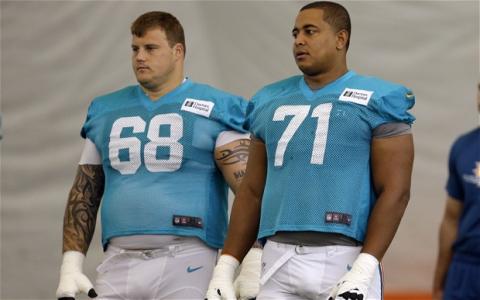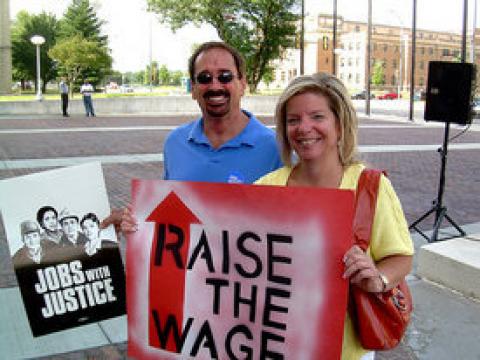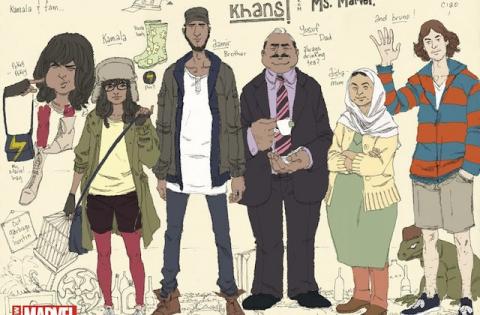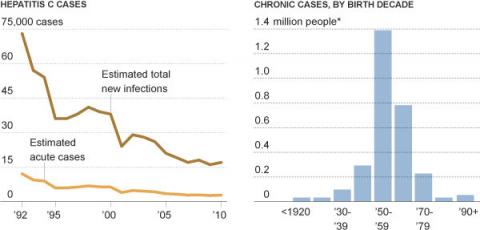Race, Class, Labor, and the (Not So) Incognito Controversy
Labor and Working-Class History Association

The fact that the principals involved in this saga are all elite male athletes engaged in blood sport should not blind us to the fact that everyone, regardless of salient identities, is deserving of safe workspaces.









Spread the word